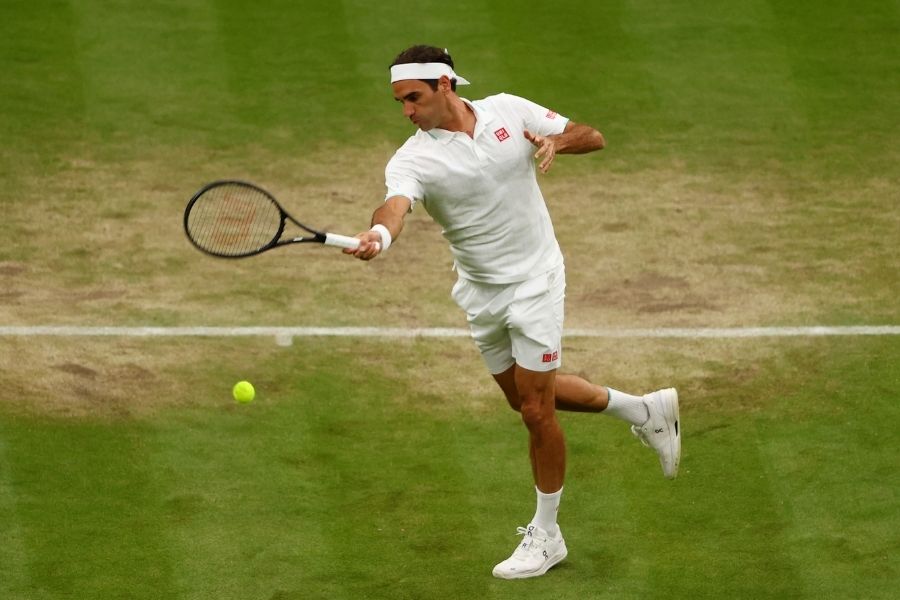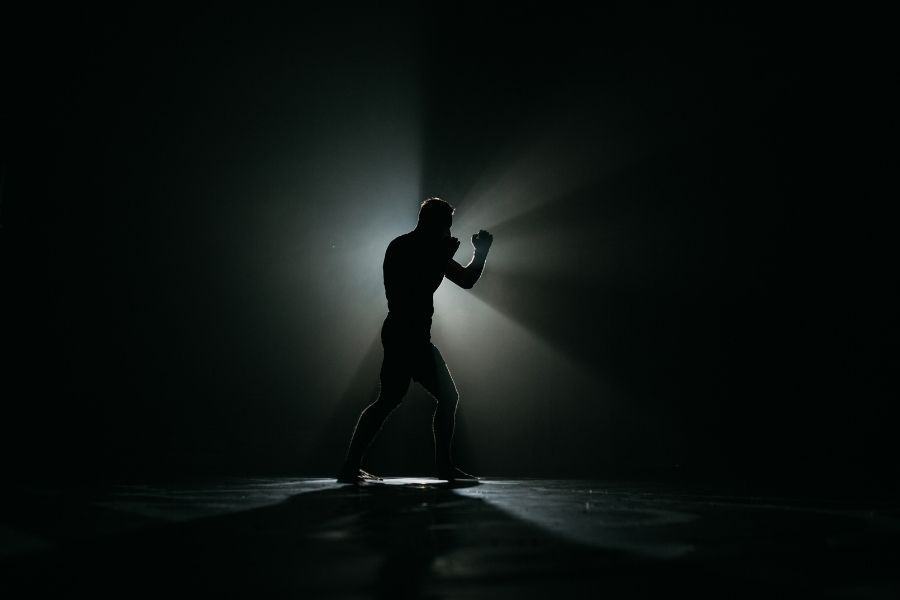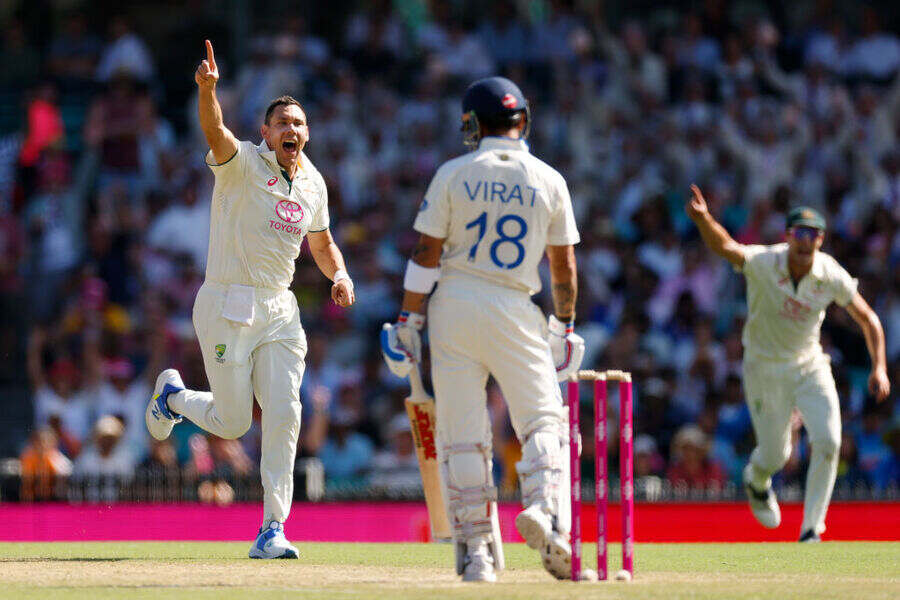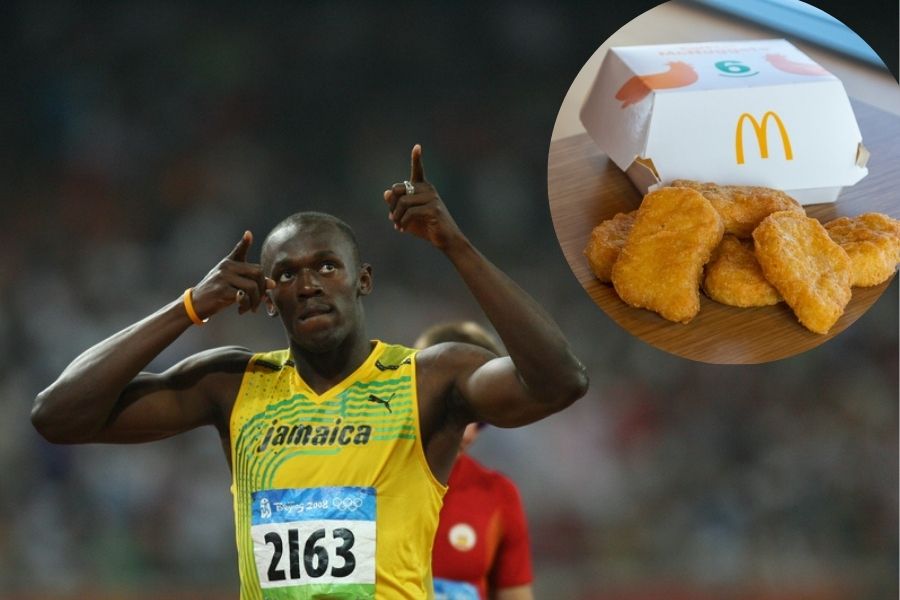Sport is great. Sport is ugly. Sport upholds values. Sport undermines values. Sport gives a lot of money. Sport takes a lot of money. In all this, and much more, sport is life. I vividly remember the moment when I first understood why organised and competitive sport extends beyond the positive emotions exaggerated by commentators.
It was a very cold Thursday morning. I was working with a professional football club in the top-tier UK league. I did not expect the morning to produce a revelation (my socks were wet and I was feeling lousy). But the revelation came nonetheless. Two 19-year-olds had come in for a trial at the club. Both had travelled four hours to get there. Each was given five minutes. And then told to “stand and watch”. Both were dejected beyond words. They had let themselves down. Their characters had failed to live up to their talent. There would be better days, but that was not that day.
One of the teens told me: “I don’t expect much, but they didn’t even tell me what they are looking for!” Weird one, isn’t it? Giving an examination, but not knowing the syllabus. It reminded me of what George Orwell wrote: “Sport is war minus the shooting.” A very famous quote. Most people forget the passage before: “Serious sport has nothing to do with fair play. It is bound up with hatred, jealousy, boastfulness and disregard of all rules.” After all, if winning gives you so much, wouldn’t you sidestep a few pesky rules?
“Sport is war, kid, be on the winning side”

There is aesthetic value in sport. From Roger Federer’s forehand to Sachin Tendulkar’s straight drive. But no matter how much allegiance we have with beauty, most would prefer an ugly victory to a beautiful defeat Getty Images
This is another gem that I overheard a coach telling a 14-year-old before a school nationals hockey match. I had a chat with a friend’s father who had served as a colonel in the Indian Army and disagreed with the coach’s sentiment. I like winning and I love it when a plan comes together, but even to me it felt wrong. Sport is rich in pride, disdain and arrogance. It is rich in its continuously stated love for power, domination and triumphalism. Sport is a zero-sum game. With the possible exception of a few draws, one must lose at the cost of the other losing.
There is aesthetic value in sport. From Roger Federer’s forehand to Nathan Chen’s glide across the ice, from P.V. Sindhu’s smash to Sachin Tendulkar’s punched straight drive. Kinetic movements have their own aesthetic. But no matter how much allegiance we have with beauty, most would prefer an ugly victory to a beautiful defeat. In sport, it’s points that count, not poetry. Much like in life, doing well counts, winning counts, learning from defeat counts. But at what cost?
If you go to an under-12 sports game or a school sports day, I can guarantee that you will see some parents baying for blood. It seems that they function in a moral vacuum. For a 12-year-old, sport has an inherent character-building quality. But I stand in horror looking at some of the behaviour of parents when their children are on the field. A lovely combination of spitting, swearing, sledging, abusing, shirt-tugging, hair-pulling, glaring, and at times, utter violence (No, “boys will be boys” or “they’re just kids” do not justify this). This is where it starts, and it gets worse.
Do you hate speed cameras (and other devices to control cheating)?

Sport has a dirty, dark side too. Just like life. It is up to us to choose which side to promote and protect Shutterstock
Here is a fun fact for you: speed cameras were invented in and for sport. It all started with a rally driver named Maurice Gastonides who wanted to measure his average speed around the track and remove the human error in measuring distance and time. He invented the ‘Gastometer’ and his company eventually made the radar-based speed cameras in use till date. A similar technology is used to see who crossed the line first in a race. Sport builds character, but if betrayed for quick results, it also corrupts character. Or else, there would not be any cheating. Similar to life, if everyone followed rules, there would be no need for speed cameras (apart from revenue collection, of course). Just like a schoolkid has the temptation to hide chits (or in 2025, use AI), they are also tempted to say “it’s out” to his opponent when it really was in.
Sport has a dirty side too. Just like life. It is up to us to choose which side to promote and protect.
Dr Sahen Gupta is a Kolkata-born, India- and UK-based psychologist who divides his time between mental health support and high-performance coaching. As the founder of Discovery Sport & Performance Lab, he works not only with Olympians and other top-level sportspersons, but also with CEOs and other professionals striving for excellence. Dr Gupta’s mission is to simplify complexities of the mind into actionable and simple ‘doables’ that allow individuals to be mentally fit.


